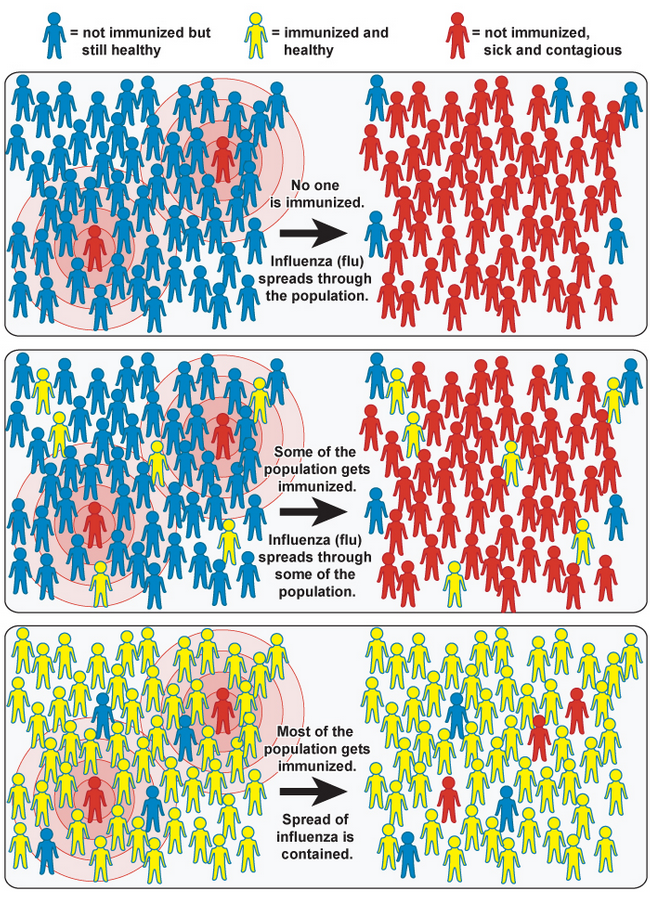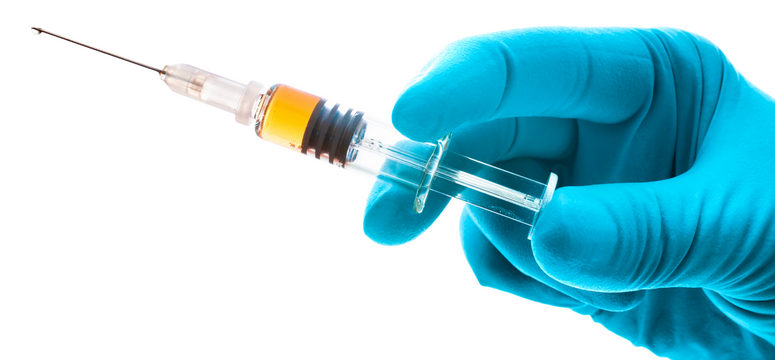To Vaccinate or Not to Vaccinate, That is the Question.
The decision whether to vaccinate your children is one most every parent in the United States is asked to make. For many, this is a personal choice with significant consequences, while for others, it’s just a rite of passage.
Although all of the mainstream medical community agrees that there is overwhelming evidence FOR vaccinating, many of my patients ask my opinion on this topic.
Even for a casual observer, it is apparent that there is a mountain of vaccine-related information available on the internet. The question is, which websites, textbooks, guidelines, and research studies are trustworthy? With all of this competing information, we all have to decide who (or what) to believe. If you are curious as to the foundations of the general vaccine-related beliefs of the medical community, then I encourage you to read on.
Here at Brashear Family Medical, we believe strongly in vaccinating your children.
A Quick History Lesson
Smallpox was most likely the first disease people tried to prevent by inoculating themselves and was the first disease for which a vaccine was produced. The smallpox vaccine was designed in 1796 by the British physician Edward Jenner, although at least six people had used the same principles years earlier. Louis Pasteur furthered the concept through his work in microbiology. The immunization was called vaccination because it was derived from a virus affecting cows (Latin: vacca—cow). Smallpox was a contagious and deadly disease, causing the deaths of 20–60% of infected adults and over 80% of infected children. When smallpox was finally declared “eradicated” in 1979, it had already killed an estimated 300–500 million people in the 20th century. Fortunately, because of the near-universal acceptance of the benefits of smallpox vaccination, this deadly disease has not been detected in a human in over 35 years. It was such an effective vaccine that it is now no longer offered in the U.S.
How Vaccines Work
A vaccine contains a killed or weakened part of a germ that is responsible for infection. Because the germ has been killed or weakened before it is used to make the vaccine, it can not make the person sick with that disease. When a person receives a vaccine, the body reacts by making protective substances called “antibodies.” The antibodies are the body’s defenders because they help to kill off the germs that enter the body. In other words, vaccines expose people safely to germs, so that they can become protected from a disease but not actually come down with the disease. In the process of creating these antibodies, the body can generate a brief inflammatory reaction, which may account for those who occasionally have a low grade fever or mild body aches in the days after a vaccination.
Herd Immunity
Another concept you may hear frequently mentioned when talking about vaccinating is “Herd Immunity.” This is what occurs when the majority of a community is immunized against a contagious disease: even UN-vaccinated members of the community are also protected against that disease because there is little opportunity for an outbreak. I have heard from some who argue that those who GET vaccinated should not be concerned about those who do NOT get vaccinated — that it’s none of their business. Unfortunately, that’s not the case.
Because even the best vaccines are not 100% effective, there are rare cases of people who did receive the vaccine, but whose immune system did not produce enough antibodies for complete protection. Also, within any large population there are some who are either unvaccinated, or those whose immune systems are not as robust as the general population, so their immunity from previous vaccinations is in doubt. These include elderly people, infants or children who have not received all of their shots yet, pregnant women, chemotherapy patients, and those with diseases of the immune system, just to name a few. With herd immunity, these groups will get some protection because the spread of contagious disease is contained.
Below is a helpful illustration of how “Herd Immunity” works:

Vaccine Myths
Those against vaccinating have argued that vaccines are loaded with unneeded chemicals and other additives. Some will refuse due to thinking that vaccines will actually cause the disease. Other parents have argued that young immune systems are not capable of handling a large load of vaccinations. To put it simply, none of these theories have been proven to be accurate. But I encourage you not to just take my word for it — this is where self-education is key. My only advice on this is to “consider the source.” Look for resources that are mainstream and are vetted by entire panels of medical professionals.
Each time I hear from a patient about a specific concern, I go to at least 2 or 3 of these websites to check on its accuracy. When several of these resources are in agreement, then I think that the potential for bias is considerably less. These include the Centers for Disease Control (cdc.gov), the US Preventive Services Task Force (uspreventiveservicestaskforce.org) , the American Academy of Family Physicians (aafp.org), and the American Academy of Pediatrics (aap.org). Feel free to visit any of the organizations’ websites mentioned above, and within a few clicks, you will see their vaccine advice as well as links to several studies to explain their rationale.
A lot of people believe that they can wait to vaccinate saying, “You can always choose to vaccinate later, but you can never undo a vaccination once it’s been given.” While this seems like it might be true, it’s a lot like planning to put your seatbelt on right before you crash. It can take 2 weeks or even a few months and several boosters to gain immunity from certain vaccines. Once you hear about a local measles outbreak in your child’s school, it will be too late.
Rosemarie of Missouri and mother of 3 says, “I chose to have my kids vaccinated because I felt it was the best choice for their long-term health and the health of our society. I know there are side-effects, but there are risks in using any ‘medication,’ and the percentages are very low. I’m concerned that the movement to NOT vaccinate children is an open invitation to the return of diseases we’ve long-ago conquered in the U.S”
Nancy from Houston, Texas and mother to 11 month old “Harrison” says, “I believe that it is a selfish decision not to vaccinate your children. Also, if you can prevent death [from a disease] by taking a small preemptive measure, then why not?”

We could go on and on about the benefits of vaccinating! We encourage you to research the subject thoroughly (using reliable resources) before making your decision. As always if you have any questions about vaccines, you can always ask the friendly and knowledgeable staff at Brashear Family Medical.

